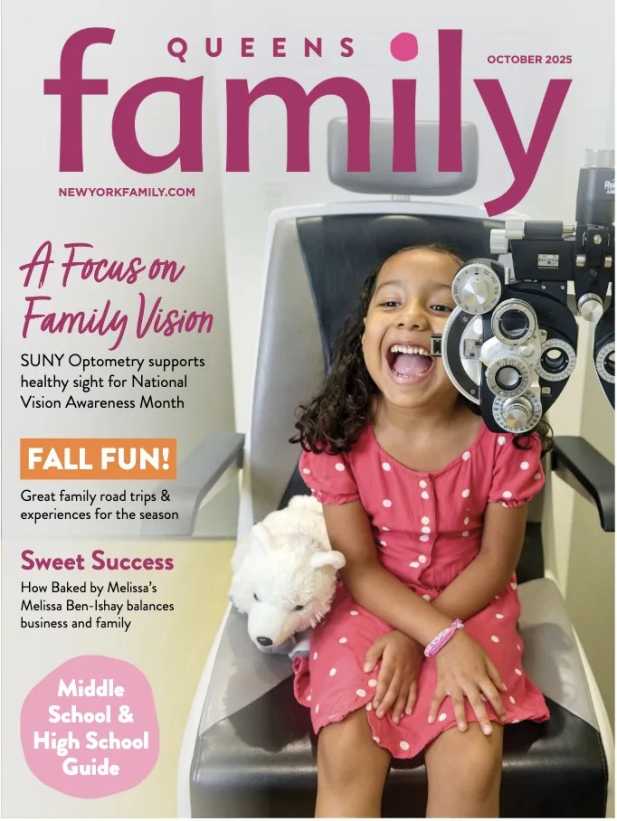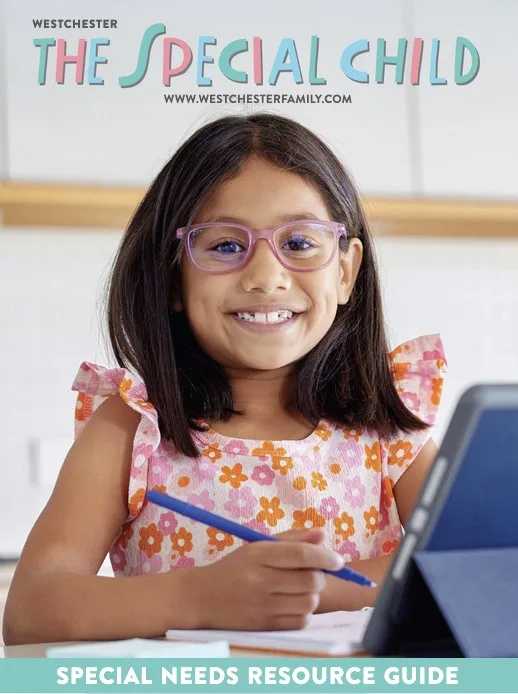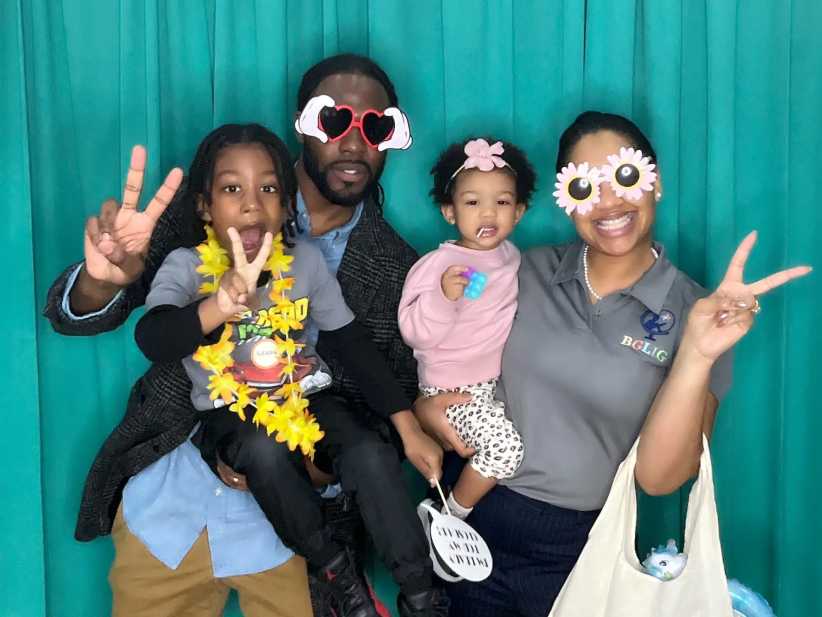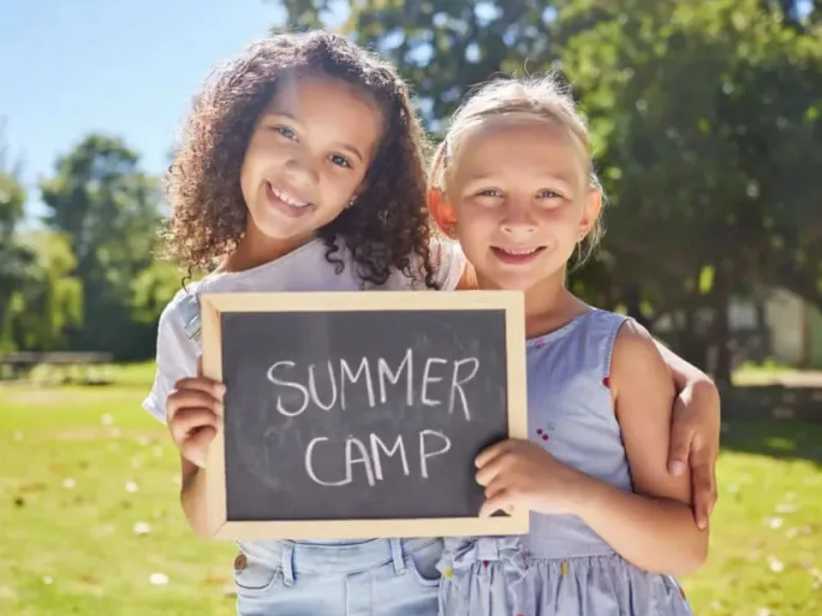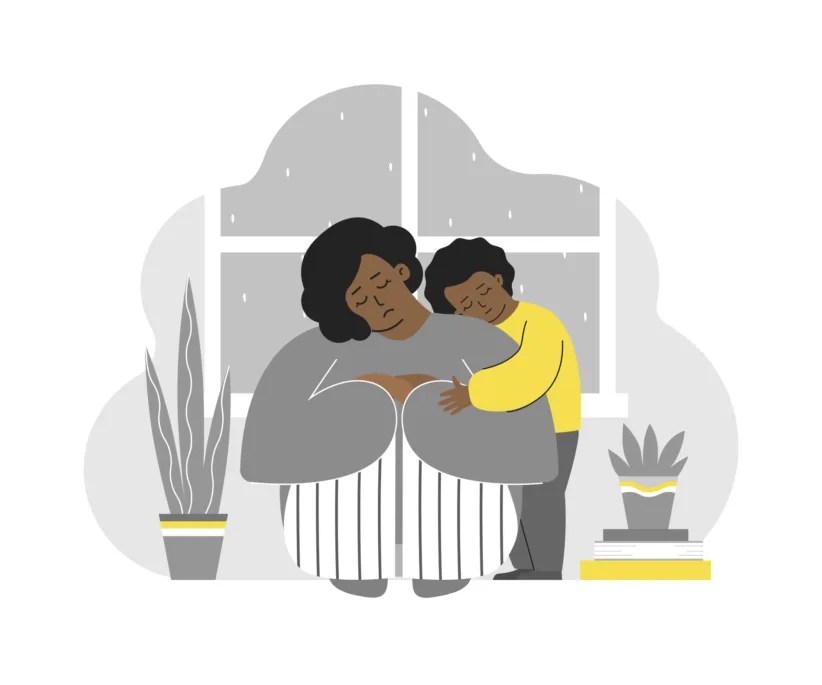
Helping Kids with Grief: Expert Tips for Parents
Death is difficult to cope with at any age, but it’s especially difficult for young children, who may not have past experience with death or grief. Parents can help their children navigate these new feelings while processing loss themselves.
We sat down with Jessica Correnti, child life specialist and founder and owner of Kids Grief Support, about how parents can help their kids with grief and support them through the grieving process.
Psst… Here’s our guide to cold weather safety for New Yorkers.
Death is a difficult thing to comprehend, even for adults. What are some important things to keep in mind when discussing something like the death of a loved one with children?
Death is absolutely a difficult thing to comprehend for anyone of any age.
There are pieces of the death and dying process that are concrete and relatively simple to understand, but there are also so many pieces of the process that are full of unknowns and complicated emotions. There are some important things to keep in mind when talking to children about death.
First and foremost, we must think about a child’s developmental level and prior experiences when discussing death.
Some people may have this idea that their child is “too young” to handle such a heavy topic and must be “shielded” or “protected” from such conversation.
However, if a child experiences the death of a significant person and is not brought into the conversation, they can develop misconceptions, fears, and have additional stress and anxiety.
Young children will need short, simple, truthful, concrete information. As children get older they will likely need and seek out more information about death, what happens after someone dies, explore spiritual questions, and ask questions about their own or other family member’s mortality.
Ideally, conversations about death build naturally from the youngest of ages in simple ways.
For example, you may be going out on a walk in the neighborhood and stumble upon a squirrel that died and the child asks why is he laying there like that? A simple, “The squirrel died. That means that it can’t breathe, move, think, eat, or do any of the things living squirrels do.”
You may notice that I used the word died instead of something softer like passed away, lost, or gone. It is really important, especially for young children, to use died/dying/dead instead of euphemisms that can lead to confusion, anxiety, and misconceptions.
When we have simple, truthful conversations about death early on in life we can build upon that background knowledge when the time does come that it is affecting the child in a more personal way.
How can you encourage a grieving child to express their feelings?
When someone is grieving the death of someone significant they are met with a lot of complicated and layered emotions. This is true for children and adults.
What is also true for all ages is that there are a variety of different ways to grieve—there is no one “right way” to do it, though there are some behaviors and strategies that may be a healthier outlet than others.
Some children will naturally be more expressive with their grief, letting their grief out by sharing their feelings and questions with their caregivers. Some children may express grief through projects, journaling, or physically through sports or music.
Parents can model and encourage trying out many different modalities to move through the grief.
This may look like support groups, 1:1 therapy, art activities, guided journals, reading, engagement in physical activities, time spent in nature, or even fundraising projects or memorial events in honor of the person who died.
We as adults can create a space for children to express their emotions by modeling that it is okay to show emotions. All emotions.
Many parents may try to hide their tears, their anger, their guilt, or other uncomfortable emotions. It is okay to share and show these difficult emotions so children are given permission to do the same.
Grieving children often show their grief and their emotions as behavioral responses. They may be having more meltdowns, clinginess, or anger outbursts and the underlying reason may be their grief.
When these behaviors come up we can meet them with compassion, support, validation, and acceptance of the emotions while also creating boundaries and/or alternatives to any behaviors that are not acceptable or desired.
Funerals are a pretty typical part of losing a loved one, but some kids aren’t ready for that as an experience. How can you gauge whether or not they’re ready to attend a funeral?
There isn’t necessarily a specific age that equates to being ready to go to a funeral. There also is not a specific right or wrong answer to the question, “Should my child go to the funeral?” There are several things that you can consider to help you sort through this decision-making process.
Here are some things to consider:
- Their relationship with the person who died: How close is your child to the person who died? Is this a parent, grandparent, sibling, close aunt/uncle/friend/cousin, an acquaintance or distant relative? Is this someone that your child saw very frequently or is this someone that your child has only met once or twice in their life? Did your child communicate with this person often? Thinking through how close your child was with this person can help you think through the importance of attending the funeral or service.
- Their temperament and personality: How is your child in social settings? Are they able to sit still for short periods of time? Are they highly anxious? What makes them anxious—new situations or when things are out of their control? Do they calm when they know what to expect? Are they highly sensitive? Adaptable when they have support? Do they do best when they are involved and told what will be occurring? What supports your child?
- Ability to prepare them for what to expect: Kids will need a bit of information first about what to expect at the funeral. Can someone provide this information to them with simple, concrete information? Children will need general information about death as well as what to expect at the funeral without the use of euphemisms. Books can be an incredibly helpful resource to have conversations about what to expect. A few of my favorites: The Funeral by Matt James, Death is Stupid by Anastasia Higginbotham, I Miss You: A First Look at Death by Pat Thomas, and Why do I feel so Sad by Tracy Lambert. Other favorite books can be found here
- Their desire to attend the funeral: Perhaps the very best indicator and strongest weight of the decision will be determined by this answer. Does your child want to attend the funeral? Have they asked to attend the funeral? What are their thoughts, wishes, fears, concerns? What came up when you gave them information about what to expect at the funeral? Giving children choice in the matter will empower them and give them control in a time that may feel very out of their control.
Kids will need information about what they will:
- See at the funeral: Will this be an open or closed casket? Will there be an urn? A vast range of emotions will be displayed—children should be prepared for all the emotions they may see. Will there be flowers, pictures of the person who died, other items? Where will the funeral or service take place? Who will be there?
- Hear at the funeral: What will they hear at the funeral? Songs, poems, readings, people crying/laughing, talking? What phrases will they often hear from others?
- Taste at the funeral: Will there be food before or after the service?
- Touch at the funeral: Perhaps there will be the option to go up to the casket? Perhaps there will be a lot of hugging—is this something your child is okay with? Can you help them advocate for themselves if this is not comforting to them?
- Smell at the funeral: Any smells that they should be aware of?
As a parent, there’s a tendency to push your own feelings to the back burner in order to help your children. How can you manage your own grief while helping your children manage theirs?
I know it is cliché and perhaps counterintuitive at times, but it is a must that parents take care of their own needs first or alongside caring for the needs of their grieving children.
When parents are able to find time and space to process and express their grief, they are able to show up better for the needs of their children.
In addition, when children are a witness to seeing their caregivers express and release big emotions it models the same for children, giving them permission for them to do the same. This is certainly easier said than done.
So how can this advice become a practicality? Perhaps this looks like engaging in mourning activities with your child like going to a butterfly release, memorial gathering, or creating an expressive art activity together to process grief as a family.
Perhaps this looks like scheduling an hour a week for you, as the grieving parent, to have dedicated time for your grief in a way that is helpful for you (time in nature, therapy, arts, support groups).
It may look entirely different than either of those examples, but we want to challenge ourselves and assure that our needs don’t get stuffed in a bottomless pit.
You are not alone in this. There are so many resources, both free and paid that are here waiting for you to support you with supporting your grieving children. Reach out, build your village of support.
When should parents seek extra help with helping their children cope with grief and loss?
Mourning is not meant to be a solitary experience. Grievers need community and support, either structured or unstructured.
This extra support could be something as simple as purchasing vetted, developmentally appropriate grief books that can help parents find the words and allows children to feel validated by seeing characters going through similar experiences.
Support could also be more formalized and structured like finding grief groups or 1:1 support.
While nearly every grieving child could benefit from support outside of their family, I’d say the tipping point is when you are seeing big behavioral or emotional changes taking place at home like sleep disturbances, increases in meltdowns/outbursts, difficulty engaging in activities of interest to them, or frequent asking questions about the death or loss experience that you as the caregiver feel you are unable to address alone.


